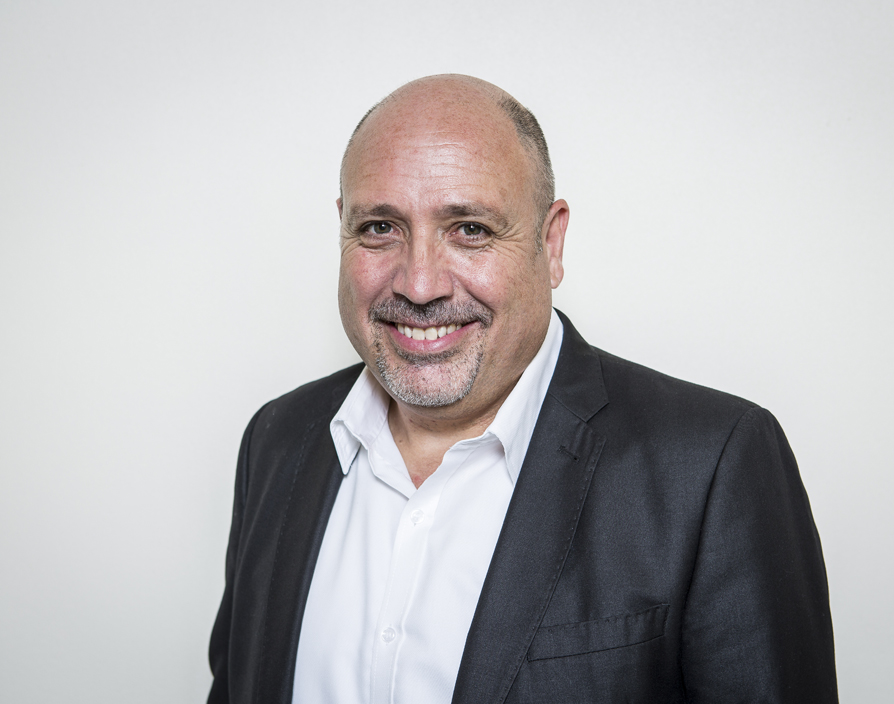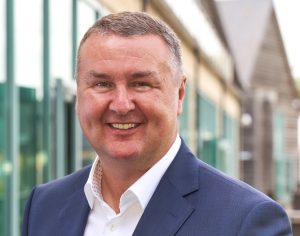Despite having already drained a bin’s worth of coffee cups, Frank Milner has poured a fresh one by the time he sits down to speak with us. “It’s been a very intense week,” he explains. “I flew over from India yesterday.” Sipping the hot brew in The Cavendish Hotel in London, the Tutor Doctor president reveals that the trip is part of the franchise’s push to become a global household name. Speaking over the faint sound of the construction work outside the window, Milner can barely contain his excitement about joining India’s fragmented supplemental education market. “I really loved it and, from a business point of view, I had a really great time in India,” he says. “From a personal point of view it was well beyond my expectations. So yeah, it’s been a little hectic but that’s how we like it.”
But the push into Asia is hardly the only effort from the Canadian franchisor to reach its goal: over the past two years the company has been on a mission to rejuvenate and reenergise the network. “We went through a rebranding process because we had all these great things happening in the business and lots of success stories from students but I didn’t feel like we were doing a really good job telling that story,” Milner says. Having enlisted the help of the branding agency McKee Wallwork + Co, Tutor Doctor has spent considerable efforts to better showcase franchisees’ passion for improving students’ lives. As a result, the franchise today sports a new logo, a bolder colour palate and has had franchisees collaborate to write the book The Academic Success Formula. It also sports a new tagline: ‘How learning hits home.’ “It really helped us define who we are and what we are all about,” Milner says.
The rebrand also represents Tutor Doctor’s ambition to stand out in an increasingly competitive industry. From app developers spitting out e-learning tools to other tutor franchises, the educational industry is booming. Global Industry Analysts, the research firm, expected the global private tutoring market alone to be worth $100bn in 2018. So showing the ethos was really important for the franchisor. “We care about our students like they’re our own kids,” Milner says. “I think that really sets us apart and it really paves the way towards this bright future that we see for the company and our franchisees.”
An outsider may consider his passion to be the just another sales pitch from an executive with a keen eye on the bottom line. However, nothing could be further from the truth as Milner’s teenage years provided ample reason to believe in the model. “I certainly have first hand understanding of the power of tutoring,” he says.
His recognition of this began when Milner’s family first moved from Johannesburg, South Africa, to Toronto, Canada, in 1977. “It was really challenging,” Milner remembers. “We went from a very comfortable lifestyle where we had a nice house, a swimming pool, a big garden, cars and private school to emigrating to Canada where we had absolutely nothing.” Despite struggling with having to occasionally eat from paper plates, Milner still believes they had good reasons to leave. It had been his brother who first decided to exit South Africa. During his military service, the brother had been stationed close to the Angola border and experienced his fair share of fighting. Once he came back he never wanted to put on the uniform again and decided to depart. “My parents said, ‘wait a second, we are a family and if you are going to move, then we are going to move together as a family,'” Milner recalls.
But good reason or not, the family still faced considerable challenges in the new country. “Shortly after we emigrated to Canada, my father got very ill,” Milner remembers. However, instead of going to the doctor’s, Milner’s dad kept working in order to build up his new business to resemble the one he’d left behind in South Africa. “He waited a lot longer than he should’ve to seek medical attention and I think that he really gave up a huge part of his life, literally, because of that,” says Milner. “It turned out that he had cancer and had he sought treatment earlier, he would’ve lived much longer.” His father passed away in 1981.
Looking back, Milner believes the combination of losing his father and living in a new country almost derailed his life. “Dealing with that was extremely challenging,” he says. As a result, his schoolwork started to suffer and he found himself lashing out against the people around him and hanging out with the wrong crowd. “I was angry, I was frustrated and I was sad,” he remembers.

Eric Johansson
As web editor and resident Viking, Johansson ensures Elite Franchise is filled with engaging and eclectic entrepreneurial stories. While one of our most prolific franchise writers, he has sharpened his editorial teeth by writing about entertainment and fitness. Follow him on Twitter at @EricJohanssonLJ to catch up with his stream of consciousness.

Eric Johansson
As web editor and resident Viking, Johansson ensures Elite Franchise is filled with engaging and eclectic entrepreneurial stories. While one of our most prolific franchise writers, he has sharpened his editorial teeth by writing about entertainment and fitness. Follow him on Twitter at @EricJohanssonLJ to catch up with his stream of consciousness.
































